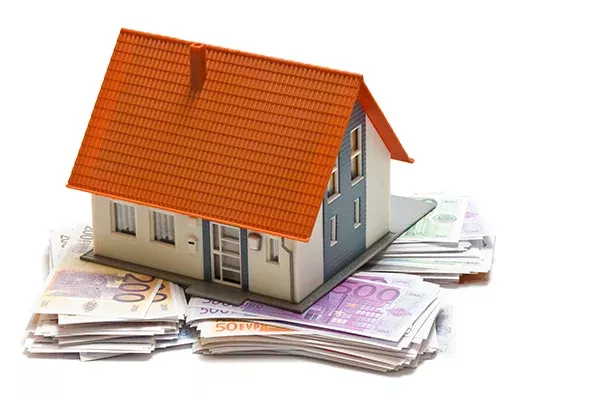There’s something comforting about Javea. Maybe it’s the sea air. Maybe it’s the promise of wine before noon without anyone judging you. Or maybe it’s that everyone, from retired Brits to sunburnt Swedes, seems to agree that this is a very good place to be.
Which means it’s also a very good place to own a property. And if you’re not living in it year-round, you can rent it out—legally, if you follow the rules, or confusingly, if you don’t.
Now, before you imagine yourself relaxing while money flows in like tidewater, you’ll want to know what sort of income you can expect. Because Javea is not just beaches and villas. It’s a town with seasons, tourists, rules, taxes, and neighbours who may or may not complain if your guests decide to have a karaoke night.
So, what can you actually earn? We asked Martin Mayhew from www.javeaestateagent.com to find out.
1. Short-Term Rentals – The Holiday Crowd
If your place has a pool, air conditioning and at least a passing view of the sea, you’re already halfway to profit. Holiday rentals are where the money is. Especially between June and September, when the town triples in size and you can’t find a parking space for love nor money.
- A two-bed apartment near the Arenal can bring in €700 to €1,200 per week in summer.
- A three-bed villa with a private pool? €1,500 to €3,000 per week, depending on how Instagrammable it is. You can see some well priced villas here.
Of course, the flip side of weekly gold is yearly silence. Between November and March, most tourists vanish. Some people do still visit in winter, but they tend to be hikers, cyclists, and retired Germans—who aren’t keen on paying €2,000 a week to stay in a house with outdoor showers.
So expect 3 to 4 good months, a couple of lukewarm ones, and the rest—well, you’ll have time to repaint.
2. Long-Term Lets – A Bit Duller, a Bit Safer
If you’re the cautious type (or just tired of washing sand out of duvets), long-term rentals offer a steadier pace.
- A one-bed flat in town centre might rent for €600 to €800 per month.
- A larger villa inland with a bit of land could fetch €1,000 to €1,800 per month.
You’ll have fewer changeovers, less cleaning, and a better chance of learning your tenant’s name. But you’ll also earn less than the holiday route—and you won’t have the option to use the property yourself in summer unless you give them notice and wait politely for them to leave.
And if you think you’ll be popping over every few weeks, long-term rental probably isn’t for you. Spanish tenancy laws are designed to protect the tenant, not the landlord. Once they’re in, they’re in.
3. Mid-Term Rentals – The Digital Nomad Option
This is the sweet spot for some owners. Rent your place for 1–3 months at a time to the remote workers, the language learners, or the ones having an extended ‘gap year’ in their 40s.
These tenants want a home, not a hotel. They’ll cook their own food and probably keep your plants alive. But they’re willing to pay more than long-term renters.
- A modern flat in the port or old town can rent for €1,000 to €1,500 per month for mid-term stays.
- Villas with good Wi-Fi and a desk? Even more.
This market is growing. Quietly. Without sunburn. And with their own laptops.

4. What It Costs to Earn
Now, let’s talk expenses. Because rent doesn’t fall straight into your lap untouched.
- Tourist licence: If you go short-term, you’ll need a número de registro. No number, no ads. The town hall will be unimpressed.
- Agency fees: Unless you want to be your own cleaner, handyman, and guest wrangler, you’ll need a rental agency. They’ll take 15–25% of each booking. More if you’re the forgetful type.
- Income tax: If you’re a non-resident, Spain still wants 24% of your rental income (minus certain costs). Residents pay less, but it depends on your tax bracket.
- Cleaning, maintenance, repairs: Hot tubs break. Guests lose keys. That cushion you loved might come back with wine stains and existential regret.
- Community rules: Some buildings won’t allow short-term lets at all. Always check before you advertise.
So What’s the Bottom Line?
If you get it right—a good location, the right licence, a helpful agent, and furniture that doesn’t fall apart—you could earn:
- €10,000 to €25,000 per year from holiday lets (more for luxury homes).
- €12,000 to €18,000 per year from long-term lets (less stress, lower income).
- €15,000 to €22,000 per year from mid-term lets (if you can find the right crowd).
Just don’t forget the bills. And taxes. And the curious fact that Spanish bureaucracy never seems to retire.







